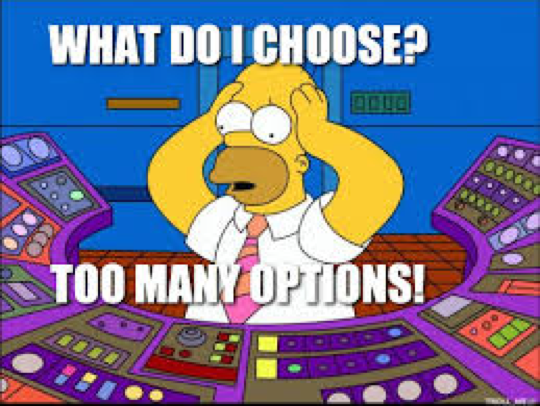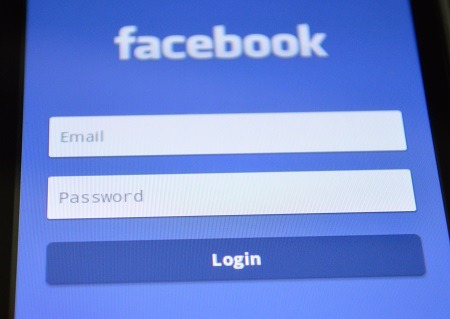Our Collective Attention Span Has Fallen
Quick followup to my previous post about very brief presentations of research.
The average human attention span has fallen to eight seconds — below the average attention span of a goldfish. At least, so said a recent wave of debunked press coverage from outlets including The New York Times and, uh, us. The factoid, which had no clear source, felt true. New research suggests this may be because a different attention span has shrunk recently — not the individual's, but the collective's.
Collective attention span is meant to mean how long a topic stays popular (or hot or trending). It is about public conversations.
 People study the how long of news stories, movies, hashtags etc. to see when it loses its appeal. Looking at the 2013-2016 hashtags trending on Twitter (one of the things that gets blamed for reduced attention spans) they found that the top 50 hashtags fell from 17.5 hours of trending to 11.9 hours. There was similar shrinkage on Reddit, Google Books and in movie ticket sales.
People study the how long of news stories, movies, hashtags etc. to see when it loses its appeal. Looking at the 2013-2016 hashtags trending on Twitter (one of the things that gets blamed for reduced attention spans) they found that the top 50 hashtags fell from 17.5 hours of trending to 11.9 hours. There was similar shrinkage on Reddit, Google Books and in movie ticket sales.
Things don't hold our attention as long. At least online and with media. Is anyone studying attention span for real world things, like reading a book, looking at a painting, watching a sporting event?
The researchers say that this is part of "a more general development termed social acceleration, the impact of these changes on the social sphere has more recently been discussed within sociology. In the literature there have been hints of acceleration in different contexts, but so far, the phenomenon lacks a strong empirical foundation."
They created a model that suggests that our collective attention span shrunk due to growing competition. There is just too much media out there competing for our attention. "Our analysis suggests increasing rates of content production and consumption as the most important driving force for the accelerating dynamics of collective attention."
This isn't all that new. Overchoice or choice overload is a cognitive process in which people have a difficult time making a decision when faced with many options. The term was first introduced by Alvin Toffler in his 1970 book, Future Shock.
The Paradox of Choice – Why More Is Less is a 2004 book by American psychologist Barry Schwartz that argues that eliminating consumer choices can greatly reduce anxiety for shoppers.
"Decision Paralysis" is another term to put into this mix.
I wonder that if we were simply presented with fewer choices, our attention span would increase. Though it is unlikely that we can roll the media content snowball back up the hill, perhaps we can individually limit our choices and improve our personal attention span. I don't have much hope of lengthening our collective attention span.
 This year it was revealed that a lot more apps are automatically sending data to Facebook. In some cases this happens even if the user is logged out of Facebook. For Android devices this includes an odd mix that includes Spotify, Kayak, Yelp, Shazam, Instant Heart Rate, Duolingo, TripAdvisor and The Weather Channel.
This year it was revealed that a lot more apps are automatically sending data to Facebook. In some cases this happens even if the user is logged out of Facebook. For Android devices this includes an odd mix that includes Spotify, Kayak, Yelp, Shazam, Instant Heart Rate, Duolingo, TripAdvisor and The Weather Channel.